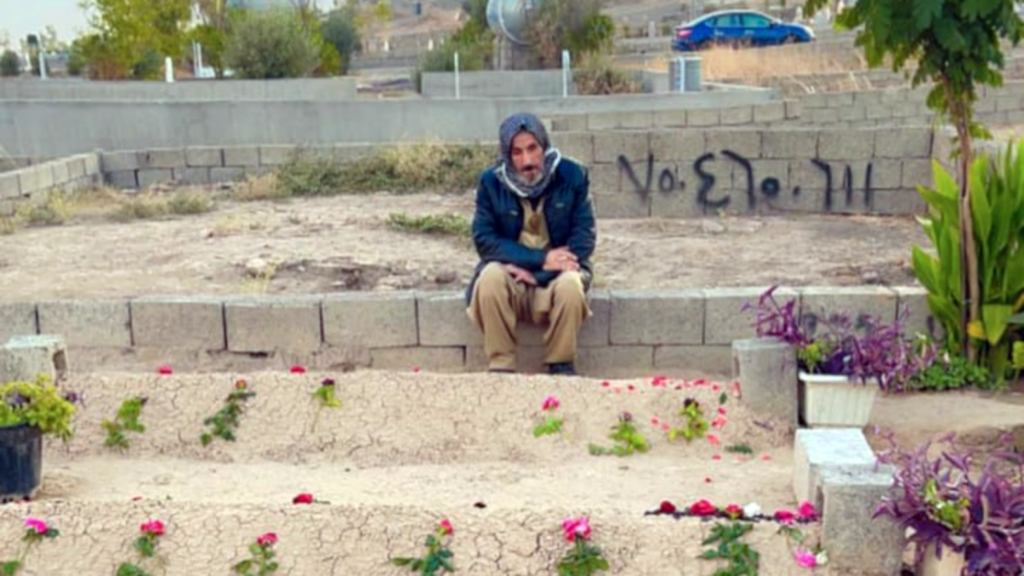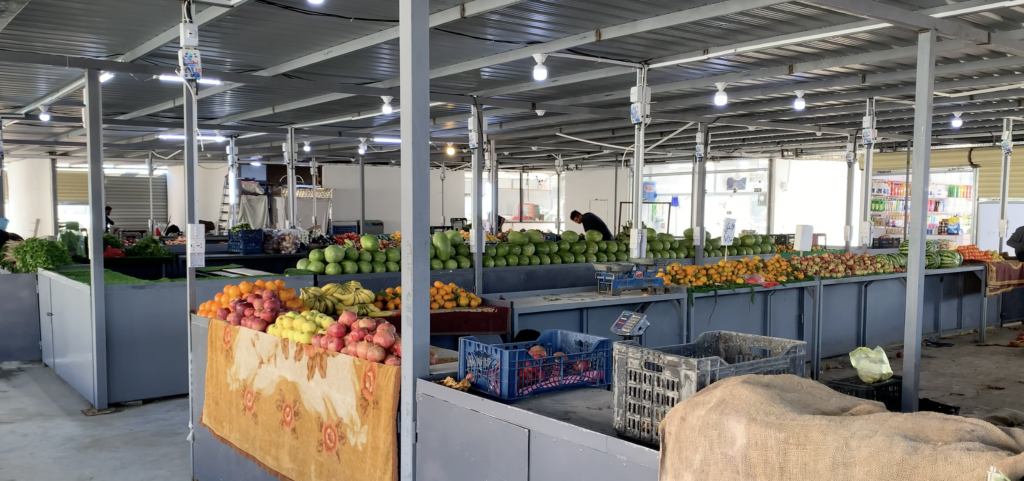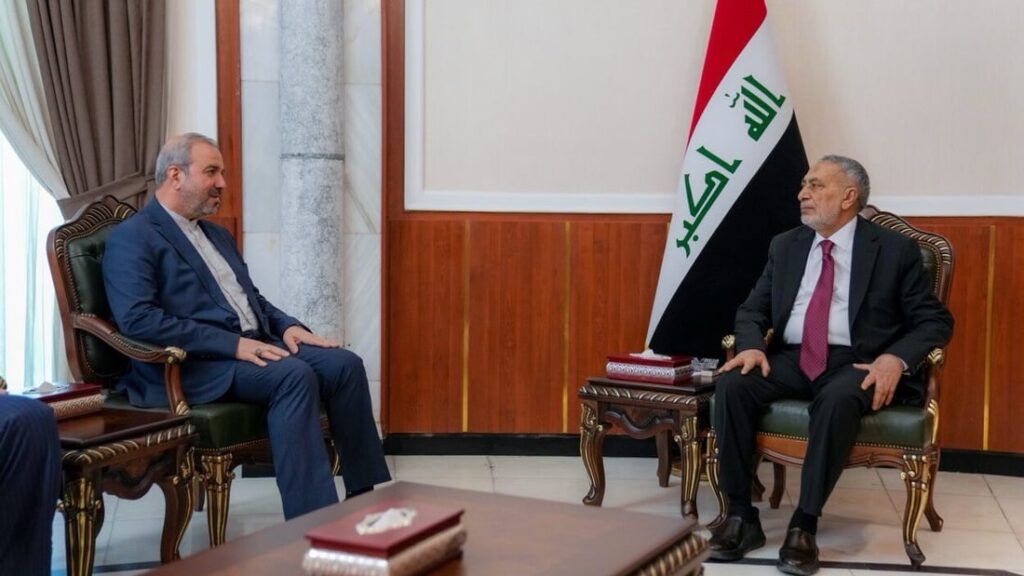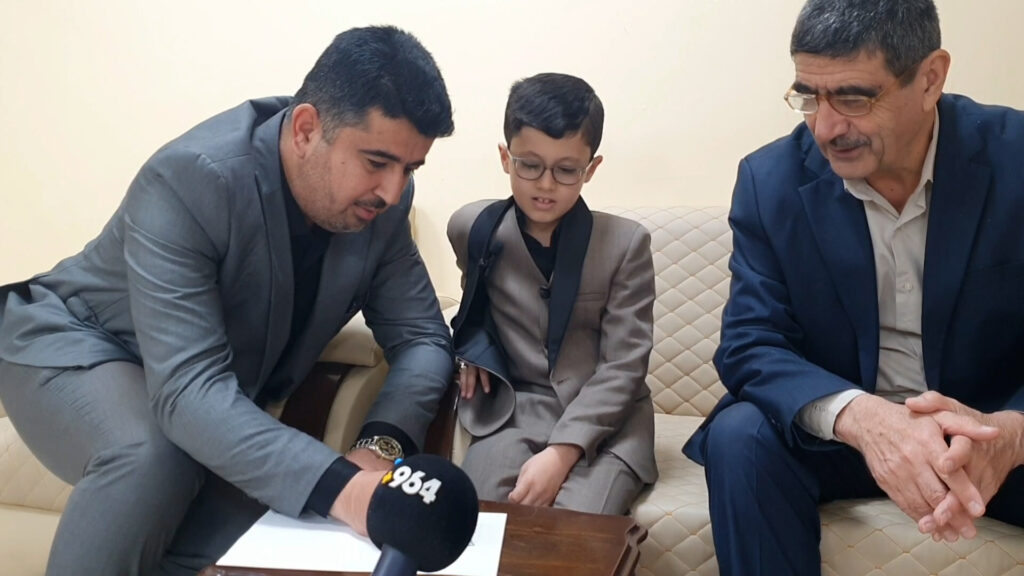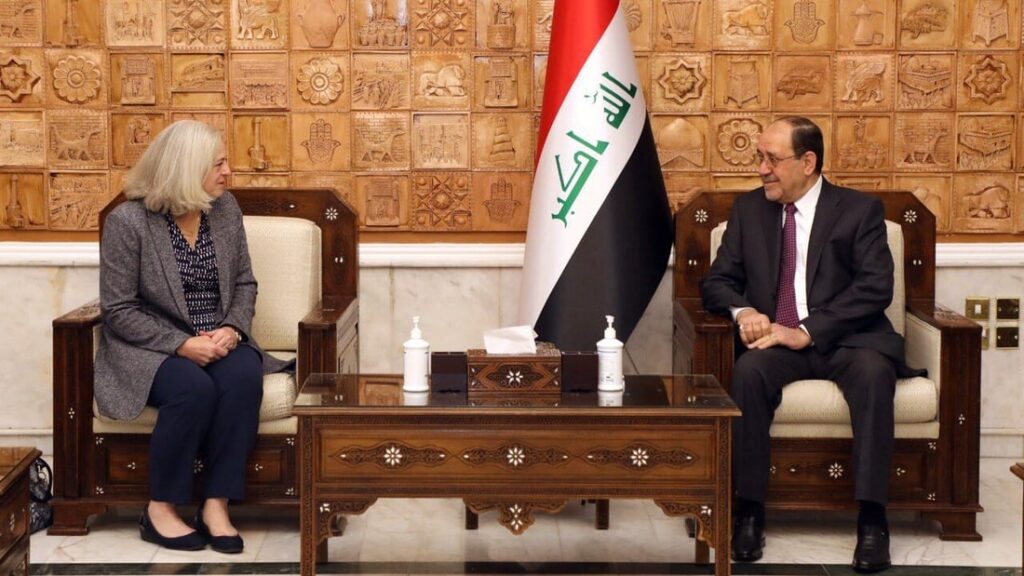The Iraqi President calls for a "serious" dialogue between Baghdad and Erbil
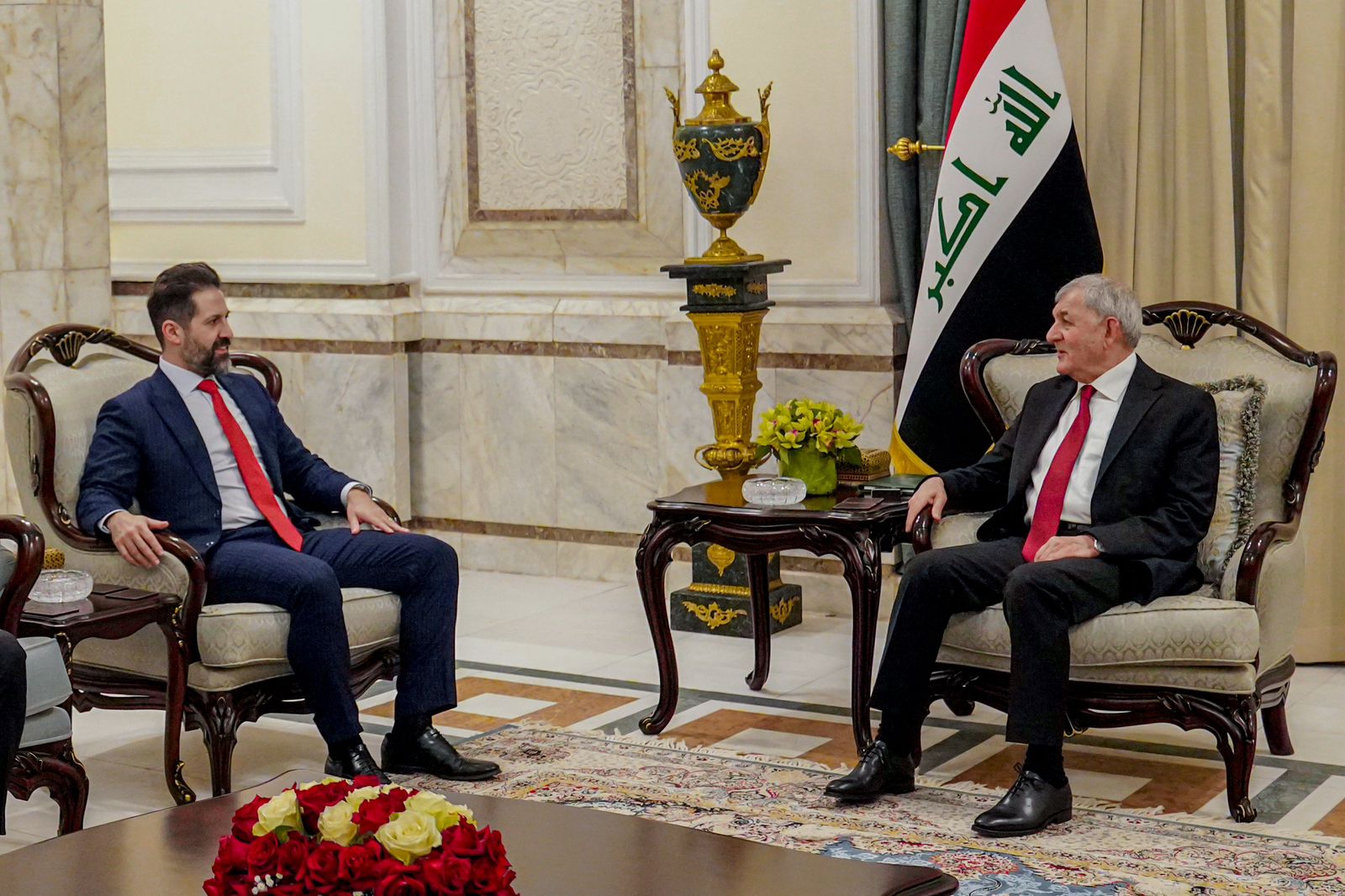
Shafaq News / On Monday, the Iraqi President, Abdul Latif Rashid, received the KRG Vice President, Qubad Talabani, and his accompanying delegation.
The Iraqi Presidency stated that both sides discussed the developments in Iraq and Kurdistan and confirmed the importance of supporting the new federal Government to implement its program.
They highlighted the coordination between Baghdad and Erbil to establish security and stability and face everyday challenges.
Concerning the outstanding problems, the Iraqi President stressed the need to conduct a serious dialogue based on the constitution and the law.
In turn, Talabani praised the Iraqi President's role in bringing different points of view and finding solutions to outstanding issues.
Negotiations are underway between the Kurdish and the federal governments to resolve the differences, including oil, the fiscal budget, and the Peshmerga deployment in the disputed areas.
During the Government of former Prime Minister Adel Abdul Mahdi (2018-2020), both sides concluded an agreement that requires Baghdad to pay all the salaries of the Kurdistan Region for the first time since 2014. In return, Erbil would deliver the revenue of 250,000 barrels of oil out of nearly 500,000 barrels that Kurdistan exports independently.
Baghdad said Erbil did not adhere to this agreement almost wholly, while the Kurdish Government confirmed that it fulfilled its promises.
In May 2020, former PM Mustafa Al-Kadhimi decided to stop paying the salaries of the Region's employees, amounting to nearly 500 million dollars per month, due to the financial crisis.
Consequently, the Region's senior officials, including President Nechirvan Barzani and Deputy Prime Minister Qubad Talabani, visited Baghdad frequently to find solutions, but to no avail.
Another part of the disagreement is the disputed areas.
The Iraqi army forces regained in October 2017 control of the Kirkuk Governorate and the disputed areas, extending across a strip starting east from Diyala, passing through Saladin, and reaching southwest of Nineveh.
The Iraqi Kurdistan used to keep control over all those areas after the collapse of the Iraqi army in 2014 following the attack by ISIS.
Since 2017, security in Kirkuk and the disputed areas has been maintained through multiple federal forces, including the army, the federal police, the counter-terrorism service, and the Popular Mobilization Forces.
An announced agreement between Baghdad and Erbil stipulated that four joint security centers be formed in the disputed areas in Kirkuk, Diyala, Makhmur, and Mosul, to cover the vacuum areas between the army and the Peshmerga to prevent ISIS activities. However, the agreement is now suspended, and both sides accuse each other of a lack of responsiveness.
Now, with a new round of talks, many future scenarios are posed for the relationship. But hope was raised by forming a new federal government head by Muhammad Shia'a Al-Sudani.
Recently, the talks faced a new bloc.
After the Federal Government approved sending 400 billion dinars to pay the employees' salaries for November and December 2022, Iraq's highest judicial body ruled that monthly remittances to the Kurdistan Regional Government were "illegal and unconstitutional."
The President of Kurdistan Region, Nechirvan Barzani, considered the Federal Supreme Court's decision "suspicious" and "unfair."
"the Court's decision is unfair…it targets the political process and the political agreement on which the new Iraqi government was formed."
"This does not only target employees in Kurdistan who are Iraqi citizens but rather the entire process and political stability," Barzani said.
He continued, "The decision of the Iraqi Federal Supreme Court at this time is nothing but suspicious and questionable."
KRG described the decision as a "hostile" step against the rights of the citizens of the Kurdistan Region and their constitutional financial entitlements.
The statement continued, "The Kurdistan Region is a federal constitutional region, and these decisions are a flagrant violation of the Iraqi constitution and the agreement of the State Administration Coalition that formed the new government and contradicted the ministerial program approved by Parliament."


